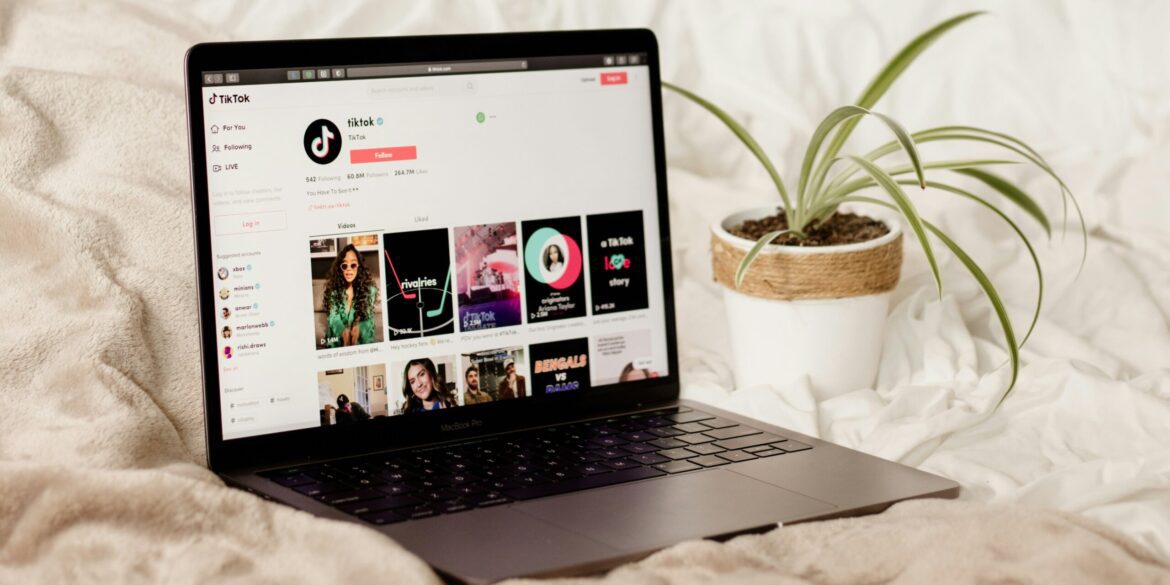In a landmark decision, the U.S. Supreme Court unanimously upheld the Protecting Americans from Foreign Adversary Controlled Applications Act (PAFACA), mandating that ByteDance, TikTok’s Chinese parent company, divest its U.S. operations by January 19, 2025, or face a nationwide ban.
The Court’s ruling emphasized national security concerns, particularly the potential for foreign adversaries to access sensitive user data and influence American users through applications like TikTok. The decision underscored that the divestiture requirement was a necessary measure to mitigate these risks .
TikTok and ByteDance challenged the law, arguing that it infringed upon First Amendment rights. However, the Court found the law to be content-neutral and justified by significant national security interests. The ruling stated that “Congress has determined that divestiture is necessary to address its well-supported national security concerns regarding TikTok’s data collection practices and relationship with a foreign adversary” .
The law, passed by Congress in April 2024 and signed by President Biden, prohibits the distribution, maintenance, or updating of “foreign adversary controlled applications” unless their owners execute a “qualified divestiture” within 270 days of designation. TikTok was explicitly named under this legislation .
Following the Court’s decision, TikTok announced plans to shut down its U.S. operations by January 19 unless it received assurances from the Biden administration regarding non-enforcement. The administration deferred the decision to the incoming Trump administration, which took office on January 20 .
President Trump, upon inauguration, issued an executive order delaying the enforcement of PAFACA for 75 days to allow time for negotiations. He expressed optimism about finding a buyer for TikTok, stating, “We have a buyer for TikTok, by the way. I think I’ll need probably China approval, and I think President Xi will probably do it” .
Several potential buyers have emerged, including a group of investors led by former Los Angeles Dodgers owner Frank McCourt, social media influencer MrBeast, and tech companies like Oracle. However, any sale would require approval from both U.S. and Chinese authorities .
The situation remains fluid, with TikTok’s future in the U.S. hinging on the outcome of these negotiations and the enforcement of the divestiture law. The decision has significant implications for data privacy, national security, and the regulation of foreign-owned technology companies operating in the United States.

